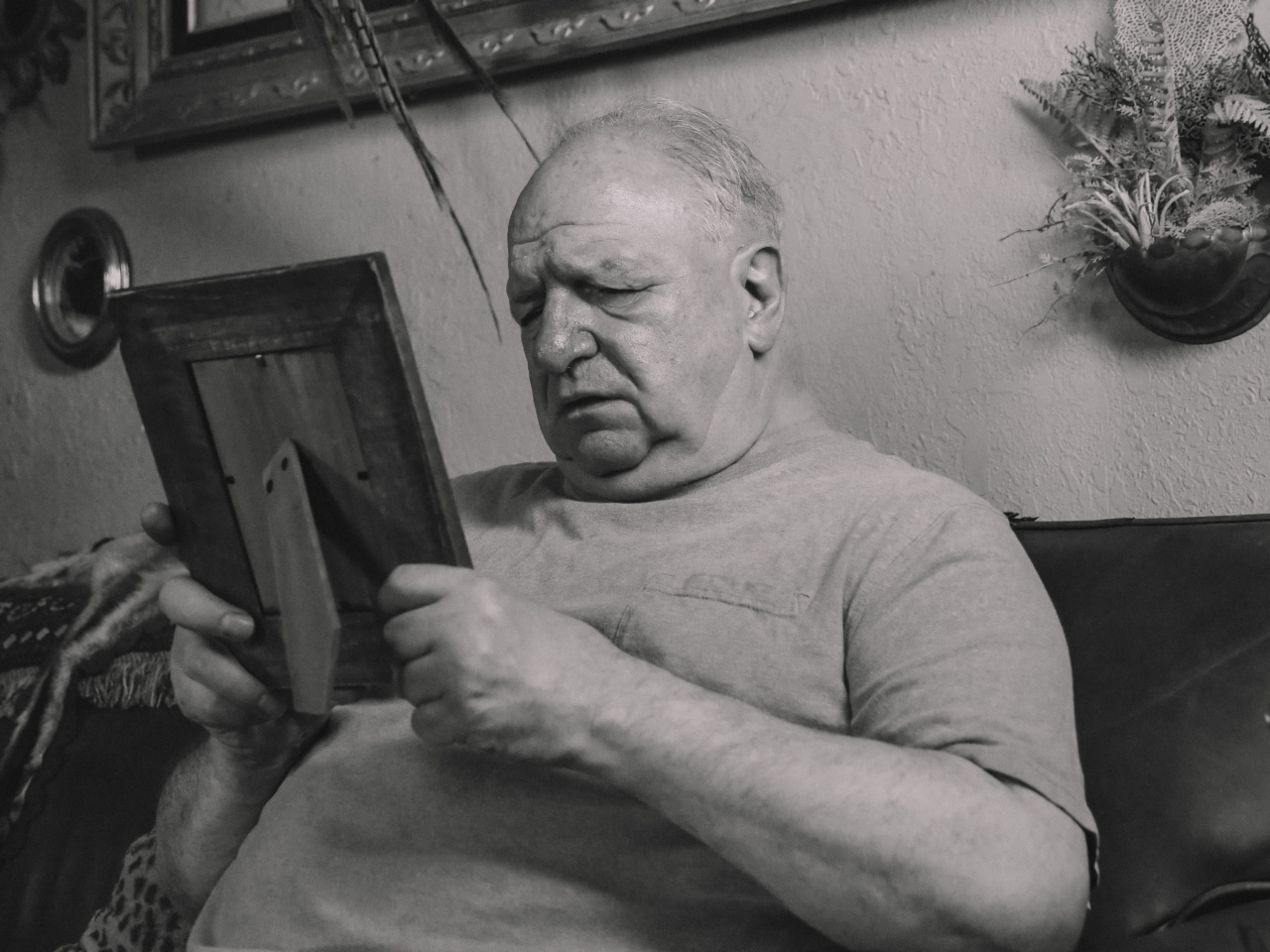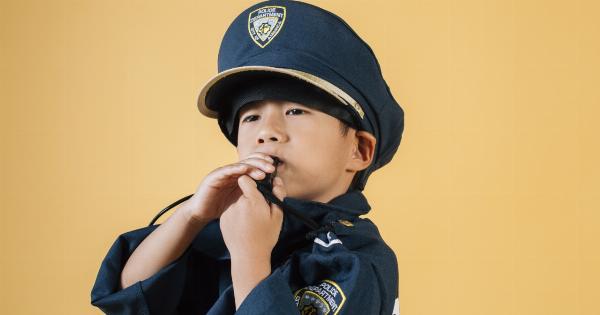Memories are a vital part of our life. They are the collection of our experiences that shape who we are and how we perceive the world. Some memories may fade away with time, but some remain etched in our minds forever.
One of the most fascinating aspects of human memory is the first memories we hold. The experiences we have as children can stay with us throughout our lives and have a significant impact on our personality and behavior. In this article, we will explore the first memories we hold and why they matter.
What are First Memories?
First memories are the earliest recollections that we have from our childhood. They may be a combination of self-generated memories or memories that are reconstructed based on stories we hear from our parents or other people.
Many experts believe that most first memories occur around the age of three or four, and they tend to be linked to significant life events or emotional experiences. For example, a child’s first memory may be of a traumatic event such as falling down the stairs or getting lost in a crowded place.
The Importance of First Memories
First memories play a vital role in shaping our personality and behavior. They are the foundation on which we build our understanding of ourselves and the world around us.
Our earliest experiences can affect how we approach problems, make decisions, and interact with others. For example, if a child’s first memory is of being lost in a crowded place, they may develop a fear of crowds or unfamiliar social situations.
In contrast, if a child’s first memory is of a positive experience, such as being praised for a particular skill, they may develop a sense of confidence and self-worth.
Why Some First Memories Are More Vivid Than Others
While most people can recall their first memories, some are more vivid than others. According to experts, the vividness of a memory is linked to the emotional intensity of the experience.
Memories that are associated with strong emotions, such as fear or joy, tend to be more vivid and long-lasting. Additionally, memories that are linked to significant life events are more likely to be remembered than everyday experiences.
How First Memories are Formed
First memories are formed through a process called encoding, which is when the brain converts sensory information into a usable memory. As children, our brains are still developing, and we are constantly learning new things.
Our first memories are formed through a combination of sensory information, such as sight, sound, touch, and smell, as well as emotional cues. For example, a child’s first memory of being lost may be linked to the feeling of panic they experienced, the smell of unfamiliar surroundings, or the sound of their mother’s voice when they were finally found.
The Falling Down the Stairs Test
One way experts have tested the accuracy of first memories is through a study known as the “Falling Down the Stairs Test.” In this study, researchers asked adults to recall their earliest memory and then verified the memory by asking a parent or other adult to confirm the event. In many cases, the memory was accurate, but in some cases, it was a combination of different events or a false memory constructed from stories the adult had heard as a child.
However, regardless of the accuracy of the memory, the important thing is that the first memory still had a significant impact on the individual’s life.
The Role of Parental Influence in First Memories
Parents play a significant role in shaping a child’s first memories. The way parents interact with their children and the experiences they expose them to can impact their earliest memories.
For example, if a parent frequently tells a child about a particular event, such as a family vacation, the child may develop a memory of the event even if they were too young to remember it accurately. Additionally, the way parents talk about a particular memory can also influence how a child remembers it.
For example, if a parent always talks about a positive experience, such as a family gathering, in a happy and upbeat tone, the child may remember the experience as positive even if they were not particularly happy at the time.
The Significance of False Memories
False memories are memories that are not based on actual events but are instead constructed based on external influences. For example, a child may develop a false memory of a particular event based on stories they heard from their parents or peers.
While false memories may not be based on real events, they can still have a significant impact on a person’s life. False memories can create vivid experiences that feel just as real as actual memories, and they can shape a person’s personality and behavior just like real memories.
Conclusion
Overall, our first memories are a crucial part of our life story. They are the foundation on which we build our understanding of ourselves and the world around us.
Our first memories may not always be entirely accurate, but they are still significant in shaping who we are as individuals. Whether our first memories are positive or negative, they have a significant impact on our personality, behavior, and perception of the world.































